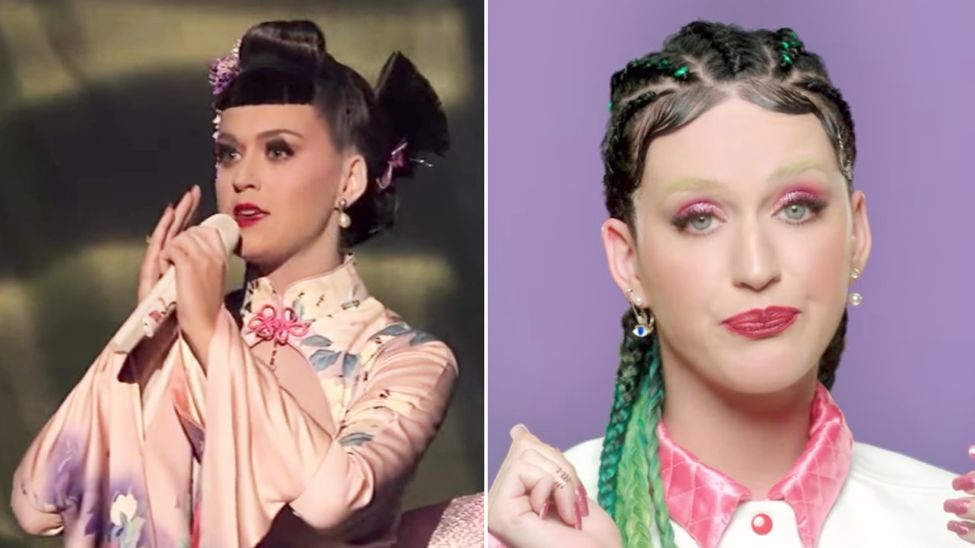Combatting cultural appropriation abroad
Does anyone remember when Katy Perry wore a satirized interpretation of a Native American dress to Coachella in 2010? Or the geisha gown she wore for her 2013 American Music Awards performance? Or perhaps when she sported cornrows and ate watermelon in her music video for “This Is How We Do” released in 2014?
Katy Perry’s long history of appropriating cultural symbols and carelessly playing with hurtful stereotypes is unfortunately not unique, as other celebrities such as Kim Kardashian and Pharrell Williams have also come under fire for their appropriations. Perry’s response to this criticism is equally clichéd, as she has repeatedly expressed disbelief that her actions were inappropriate and maintained that she was simply appreciating the culture. The question of appreciation versus appropriation has been an oft-discussed topic in the United States, and more recently amongst my study abroad program in Senegal.
The dialogue of appropriation versus appreciation should have been discussed during our orientation session, but instead the issue was raised when a white student was criticized for appropriating Senegalese culture. This student purchased waist beads on the beach and proceeded to wear them incorrectly, ignorant of their cultural significance. When confronted by another student about the beads, the white student became defensive. This conflict prompted a group-wide meeting to discuss the differences between appropriations versus appreciation. So what is the difference, and why does it matter?
GreenHeart provides a great explanation, describing cultural appreciation as “when someone seeks to understand and learn about another culture in an effort to broaden their perspective and connect with others cross culturally,” whereas appropriation is “simply taking one aspect of a culture that is not your own and using it for personal interest.” The biggest indicator of and the problem with cultural appropriation is the difference in power dynamics involved, meaning when a group with power takes one aspect of a marginalized group’s culture. While the marginalized group may experience discrimination or be penalized for their culture—such as when African Americans are punished for wearing their natural hair—the dominant group appropriates the same aspect.
This issue is multifaceted and oftentimes the difference between appropriation and appreciation is perceived differently by people from varying backgrounds. Therefore, questioning both your intentions and your impact and checking your privilege is a constant obligation. Power dynamics between individuals and groups are always at play, even when invisible—an important realization in a country still subjected to the violence of neocolonialism.
It’s vital to educate yourself about why appropriation is harmful, but it’s even more important to avoid becoming defensive if called out for it. Instead, listen to the person who is taking the time to point out your mistake then do your research to actually learn about the cultural aspect—remember, it is NOT the responsibility of every person of color to educate you on why your actions are wrong, nor can one person speak for an entire culture, so put in the work and turn to Google.
As my program director said, “L’erreur n’annule pas la valeur de l’effort accompli,” a mistake does not cancel the value of the effort made. It’s an opportunity to learn.
So when your white coworker tells you they want cornrows in their hair, or your friend wants to wear a Native American inspired costume on Halloween or your fraternity brother wears a sombrero on boys bid day, I hope you will educate them on appropriation. People of color have been exploited enough at the hands of white people—even being minimized to the term POC and being stripped of their individual cultural identity.t’s past time we hold each other accountable.























